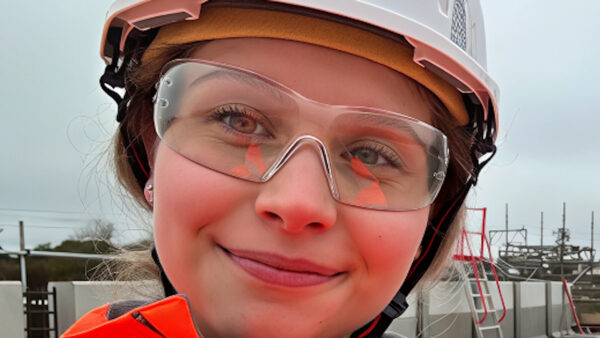Contractors will find bonds harder to come by and the cost of professional indemnity insurance is set to rise, report David Hayhow and Jake Tobin
The construction market remains slow and conditions are difficult. Insurers, concerned by ongoing contractor insolvencies and the rising tide of claims against construction professionals, look set to raise insurance prices to reflect ongoing risks. Contractors, and their professional advisers, will need to manage risk carefully if they are to get the best deal and keep rises to a minimum.
Although contractors, particularly in London, are busier now than at any point in the last two years, concern remains about the state of the market. According to a survey of contractors conducted in January by the Real Estate and Construction division of specialist insurance broker Lockton, worries over developer and contractor insolvency, compressed timescales and stability
of suppliers topped the list of concerns.
To manage the insolvency and supply chain risks that threaten contractors’ ability to complete jobs on time, both they and developers are increasingly turning to bonds. While these are still available at pre-recession rates to contractors that have an existing relationship with a surety provider, costs have risen in the past 12 months by around 20-25% for any contractor looking to purchase their first bond.

Proportionate risk
As pressure on the bond market builds, insurers may become increasingly wary of providing cover on very large projects and will want to ensure that bond requirements are proportionate to the asset base. Companies with fewer assets, or lower levels of working capital relative to their bond requirements, can expect to have to work harder to secure a bond and are likely to have to pay a higher rate than better capitalised competitors with strong cash flow and an attractive landbank.
In addition to having to work harder to secure bonds at a reasonable price, contractors can also expect to be hit with higher professional fees over the next couple of years.
Analysis of claims notifications by Lockton’s top 100 UK clients shows that two years after the onset of the financial crisis in late 2007, professional negligence notifications were up 60% on pre-crisis levels. Since professional negligence cases often take longer than two years from notification to settlement, the link between the onset of financial stress in the building sector in late 2007 and rising notifications against professional advisers in 2008-2010 seems all too clear.
As claims notified in 2008 and 2009 start to feed through into financial settlements in 2011 and beyond, the likelihood is that the professions, and their professional indemnity insurers, will see a rise in insurance premiums.
Insurers are concerned that the drive to build faster and more cheaply will lead to more pressure on quality and potentially to more aggressive claims litigation, especially where building performance or failure might be attributed to design or specification errors.
Adequate reserves
This means that professional advisers will need to pay particular attention to contract terms and conditions so that they are not exposing themselves to fresh liabilities and to ensure they have reserved adequately to meet the excess cost on any claims already in the system. Inevitably, professionals will seek to pass on these higher costs to contractors, which is likely to result in further negotiations.
Contractors and their advisers need to work smarter to manage risk and keep insurance costs manageable. Insurers will be keener to support businesses with strong claims records and well documented risk management processes.
In particular, insurers will look for a track record of delivering projects on time and profitably, have a strong forward order book and “appropriate” levels of working capital. They will also expect to see evidence of a professionally managed, risk aware company.
There is enough capacity in the bond and professional indemnity insurance markets to ensure competition for business, so companies should expect their brokers to encourage face-to-face meetings with surety providers and help them to provide the detailed insights into their business that will enable insurers to offer the best terms.
David Hayhow is director of Lockton Real Estate and Construction, Jake Tobin, executive, Risk Solutions, Lockton Construction Professional Services








